Iran’s new judicial standards document, published last month by head of the judiciary Ebrahim Raisi, is certainly an eyebrow-raiser.
The document includes 37 guidelines for Iran’s judges, which on the face of it match up well with international standards.
The problem is that the guidelines and the reality on the ground are some way apart. Indeed, the new document was published just two days after the UN’s Secretary General, Antonio Guterres, gave Iran its latest public dressing down for “persistent and gross human rights violations”, including the use of torture, denial of medical treatment and forced confessions against detainees – some of the very things that on paper at least Mr Raisi also condemns.
But to the educated observer, it is difficult to take the new document seriously.
Below, Article18 highlights just a few of the reasons why, with the help of Iranian legal expert Hossein Ahmadiniaz, who describes Mr Raisi’s document as “beautiful in appearance” but in reality only “propaganda” and “an attempt to restore the damaged image of the judiciary because of its failure to establish judicial justice in Iran”.
Equality before the law?
According to Mr Raisi’s new guidelines, everyone has the right to a fair trial in Iran, “without discrimination on any grounds, whether gender, race, colour, language, religion, political opinion or other criteria”.

The reality is somewhat different, however, as noted by numerous international observers including the UN’s Special Rapporteur on Human Rights in Iran, who has regularly decried Iran’s lack of fair-trial provisions.
Meanwhile, on the same day that Mr Guterres was publicly criticising Iran’s rights violations, 120 lawyers and activists, including Mr Ahmadiniaz, published an open letter to Mr Raisi, calling on him to overturn one particularly shocking recent ruling – against a Christian couple whose two-year-old adopted daughter is set to be taken away from them, because they are Christian converts.
“Unfortunately, the Iranian judiciary lacks independence, and this has led to increased oppression of certain citizens, especially certain minorities, including religious minorities such as Christian converts,” Mr Ahmadiniaz explains.
“It is a bitter truth that religious expression in Iran is strictly controlled and monitored by the regime, and that freedom or civil rights for religious minorities are not respected.
“The ideology of the Iranian regime and its opposition to any belief other than the official dogma of the Islamic Republic has had a profound effect on the persecution of religious minorities in Iran.
“For example, Christian converts are barred from having Persian-speaking churches and are forced to conduct their prayers and religious ceremonies secretly in private homes, which has led to severe crackdowns by security forces and the judiciary.
“Meanwhile, even the Sunni minority in Tehran doesn’t have a mosque and despite many efforts has not been able to obtain a permit.
“All these restrictions and illegal and inhumane treatment of minorities takes place while the constitution in the 12th and 13th articles refers to the diversity of religions in Iran, but these principles, like this new judicial document and Rouhani’s charter of civil rights, are only written on paper to present a false image: that Iran respects the rights of minorities.
“The issuance of the horrific ruling to remove Lydia, the young child of a Christian-convert couple, is a concrete example of this judicial oppression in Iran, lack of judicial independence and illegal treatment of religious minorities.”
Torture ‘absolutely prohibited’
According to Mr Raisi’s new guidelines, there is an “absolute prohibition” on all torture and degrading treatment in Iran – “in all circumstances”.
But again, the reality on the ground is rather different, as highlighted by a new book by former political prisoner Narges Mohammadi, which includes the testimonies of 12 prisoners of conscience, including Christian convert Mary Mohammadi, testifying to their experiences of “white torture” in Iran’s prisons.
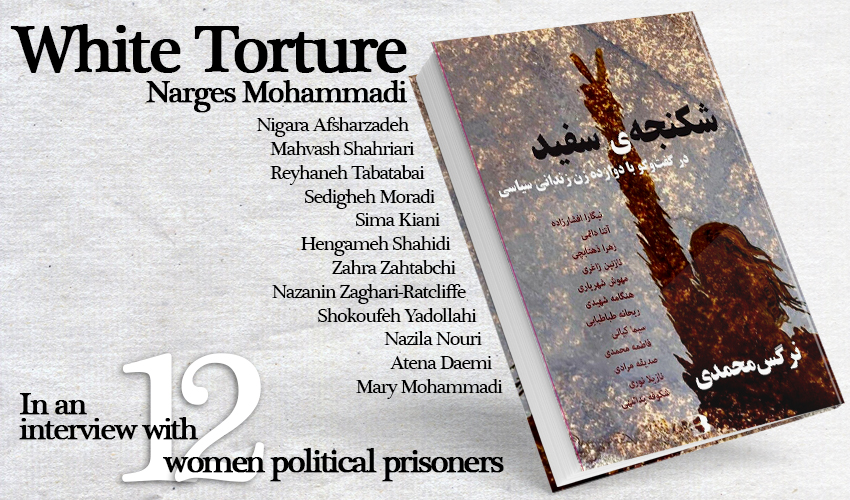
According to Mr Ahmadiniaz, torture is in fact an “integral part of Iran’s judiciary and security agencies, which has always been present in these 41 years [since the revolution], despite the prohibitions in Article 38 of the constitution, Article 578 of the the old Islamic Penal Code, Articles 169 and 436 of the new Islamic Penal Code, and other laws”.
‘White torture’ is specifically prohibited in Mr Raisi’s document, which states that “detaining a person in such a way that they are temporarily or permanently deprived of the use of their natural senses, such as seeing or hearing, or not knowing their location or the time of day, is a violation of law and human dignity”.
But according to Mr Ahmadiniaz, “The fact of the matter is that the judiciary itself oversees and is part of the torture system in Iran, so when the judiciary itself oversees and orders torture, how can it be expected to prosecute perpetrators?
“Despite the many scandals that have occurred at the hands of the Iranian judiciary regarding torture, such as the serial killings [of political prisoners in 1988] or the recent case of Maziar Ebrahimi, to date no torturer in Iran has been arrested or detained – despite all these laws.”
Arbitrary detention and denial of medical care
Arbitrary detention is another of the prohibitions listed in Mr Raisi’s document, alongside denial of medical care to prisoners, but according to Mr Ahmadiniaz, “In practice, agents affiliated with security agencies detain individuals without regard to the law, due to their unbridled authority and support of the revolutionary courts.
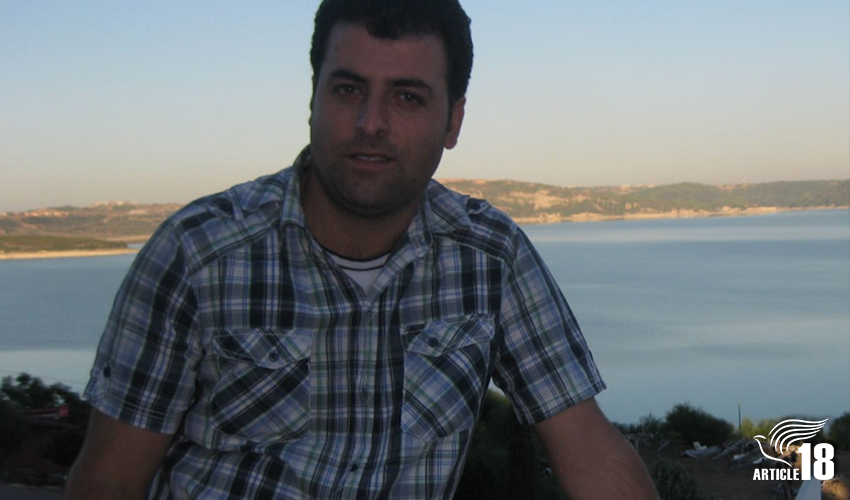
“This is the case in most of the legal proceedings against Christian converts, journalists, and other political and ‘security’ defendants. Therefore, not only have the existing laws and regulations not been able to prevent arbitrary detention, but this new judicial security document will also not be able to prevent it. These agents consider themselves beyond the law, and the problem is that they have extralegal power to arbitrarily detain individuals.”
Mr Ahmadiniaz adds: “This document also speaks about the right to health and access of prisoners to health provisions, but this is a fiction. At present, the right to health and treatment for Christian and political prisoners is systematically violated and the regime uses all means to pressure these prisoners, and their psychological torture hinders their realisation of this right, and no legal document has been able to provide it.”
Innocent until proven guilty?
Mr Raisi’s document espouses the principle of “innocence until proven guilty”, but according to Mr Ahmadiniaz, “Unfortunately in Iran the usual practice is in fact to seek to justify the accusation, and to always look at issues and individuals from a conspiratorial perspective.
“This causes everyone to be considered a suspect. Such a perspective leads to the subsequent unjust treatment of Christian converts and other minorities in Iran.”

While Mr Raisi’s document states that the verdicts of the courts must be “reasoned, justified and documented”, as well as “unambiguous”, Mr Ahmadiniaz cites the counter-example of the prosecution of dozens of Christian converts in recent years while nowhere in the law does it state that converting to Christianity is a crime.
“According to the legal understanding of crime and punishment Christian converts in Iran should not be arrested or punished,” he explains, “but unfortunately the judiciary, citing Articles 499and 500of the Islamic Penal Code, arrests these citizens and tries them unjustly on charges of ‘acting against national security’ and ‘propaganda against the regime’.
“This is an example of how this new document and many other legal principles are easily violated in Iran.
“The legal outworking of crime and punishment should be the main symbol of the rule of law. Article 167 of the constitution and Articles 2 and 10 of the Islamic Penal Code explicitly state that ‘any act that is contrary with the law shall be punishable’.
“The judge is obliged to sentence individuals only within the framework of the law, and if the alleged offence is not a crime, he should not be tried. But unfortunately in Iran such fundamental principles are violated.”
Harassment of family members
According to Mr Raisi’s document, “exerting pressure on a detainee’s family is absolutely prohibited in all circumstances”, but there are countless examples in practice of where this principle has been violated in Iran, including the recent charges brought against the daughter of imprisoned rights lawyer Nasrin Sotoudeh, or the family of activist Masih Alinejad.
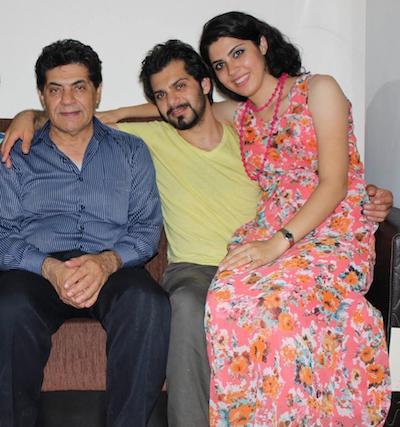
Article18’s latest annual report also highlighted the rise in harassment of family members of Christian converts, such as in the case of Esmaeil Maghrebinezhad, whose daughter and son-in-law continue to mentor Christians inside Iran from their new home in the US.
“Unfortunately such things have been repeatedly observed in many recent cases involving Christians, journalists and other political and ‘security’ prisoners,” Mr Ahmadiniaz explains.
“For example, in the case of Lydia, the daughter of the Christian converts Sam and Maryam Khosravi in Bushehr, this principle was not only violated but also trampled on because the regime’s security agencies pressured the welfare organisation to take revenge on them in this way [because of the court case against them related to their membership of a house-church].
“This family has been oppressed because they are Christians, which is against all moral and legal principles,” he adds.
Public confidence in the judiciary
Mr Raisi’s document talks of the importance of ensuring public confidence in the judiciary through transparent public trials, but Mr Ahmadiniaz contends that Iranian courts “do not even follow the laws set by the Islamic Republic”.
“In the first instance, a lawyer has no right to appear in court, except under Article 48 of the Criminal Procedure Code [which gives detainees the right to see a lawyer as soon as they are detained],” he says.
“And even then, only lawyers approved by the head of the judiciary can represent those accused of political or ‘security’ cases, such as Christian converts, contrary to the principle of freedom of access to justice and the right to a choice of lawyer.
“Meanwhile, the judges of the Revolutionary Courts have special immunity and, with their extrajudicial powers, never allow public trials in political or ‘security’ cases, such as those against Christians, except in special circumstances and for a specific purpose.
“But in most cases they do not allow this, and therefore this judicial document has no effect in this important matter.”
Mr Ahmadiniaz concludes: “The Iranian people have suffered greatly in these 41 years from the lack of provision of fair and just trials. The multiplicity of lawsuits in courts and tribunals, the large volume of cases to more than 15 million a year, distrust, the emergence of all kinds of violence, the decline in the level of tolerance of citizens, and so on – all this has caused people to have no confidence in the judiciary, and criticism of it has increased so that Ebrahim Raisi has issued this judicial document in an attempt to shift attention away from the terrible reality.”
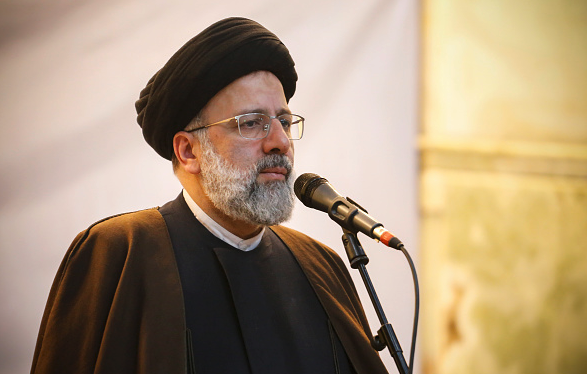
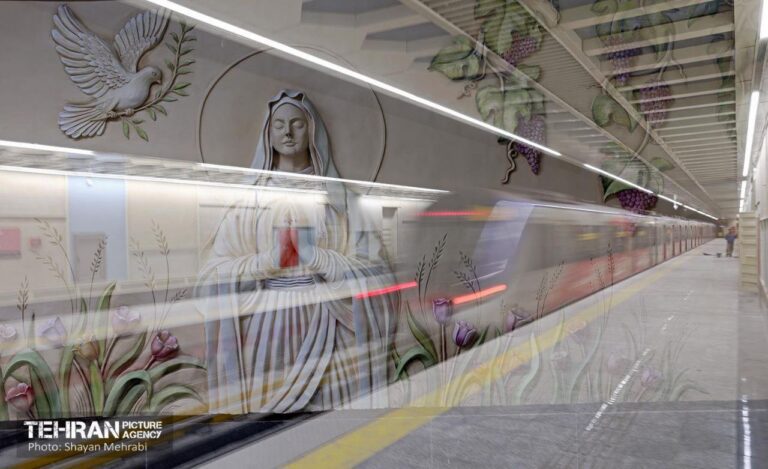
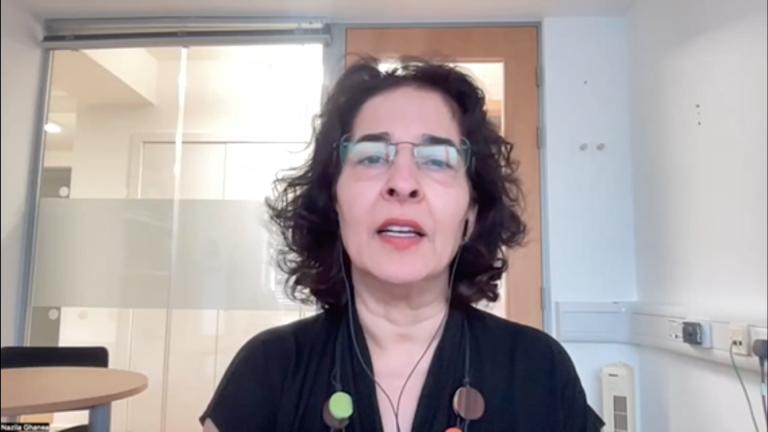
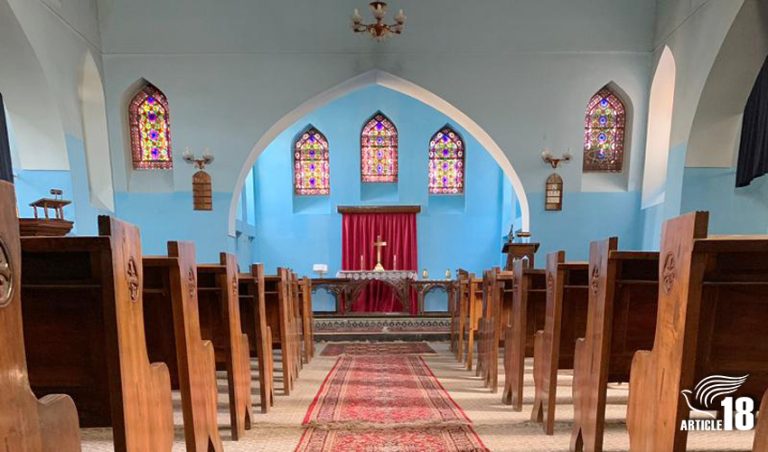
0 Comments